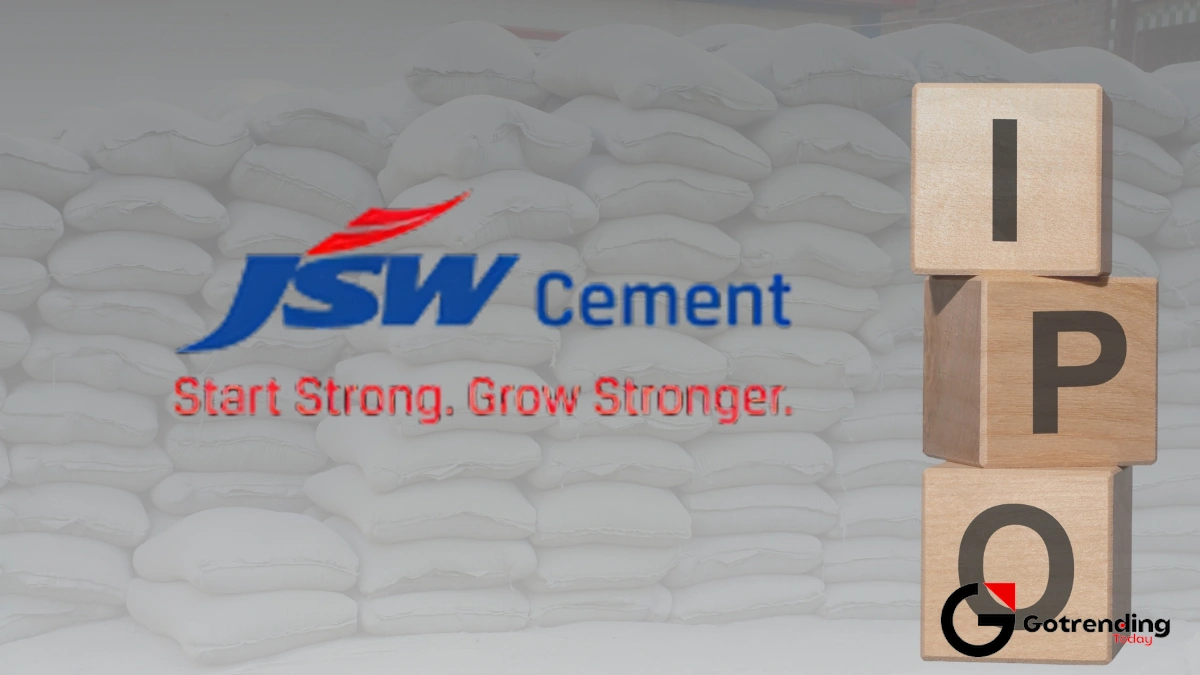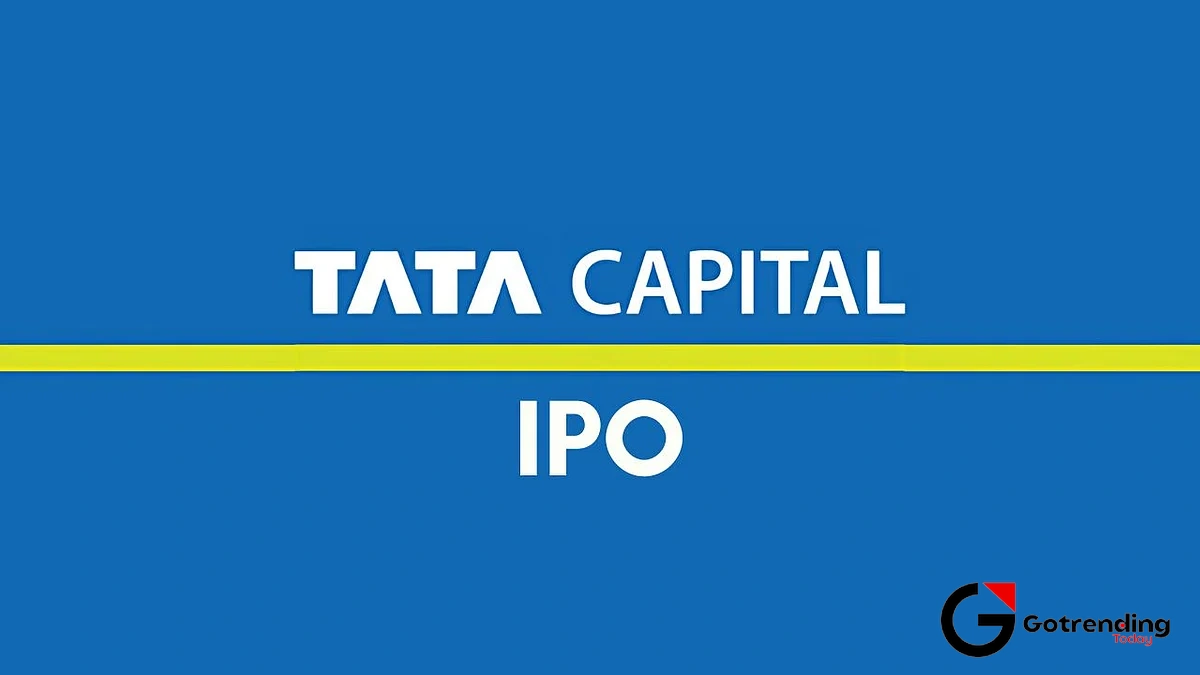JSW Cement IPO | More Than Just Concrete, It’s a Bet on India’s Green Future. Here’s Why It Matters.
Let’s sit down for a minute. The Indian stock market has been a wild ride, hasn’t it? We’ve seen a flurry of small and medium-sized IPOs, some flying high, others fizzling out. But every now and then, a name comes along that makes everyone from the serious analyst in a glass tower to the curious aunty in her WhatsApp group sit up and take notice.
The upcoming jsw cement ipo is one of those moments.
On the surface, it seems simple enough. A massive, well-known conglomerate, the JSW Group, is bringing its cement business to the public market. Big deal, right? Cement is… well, cement. It’s the grey stuff that builds our homes and roads. It’s essential but, let’s be honest, not exactly the sexiest industry.
But that’s where you’d be wrong. And what fascinates me is that this IPO isn’t just about pouring concrete. It’s a story about smart strategy, impeccable timing, and a very clever bet on the future of infrastructure in India. This isn’t just another IPO; it’s a potential bellwether for the entire market. So, let’s unpack why this is a much bigger deal than it looks.
So, What’s the Big Deal with JSW Cement Anyway?
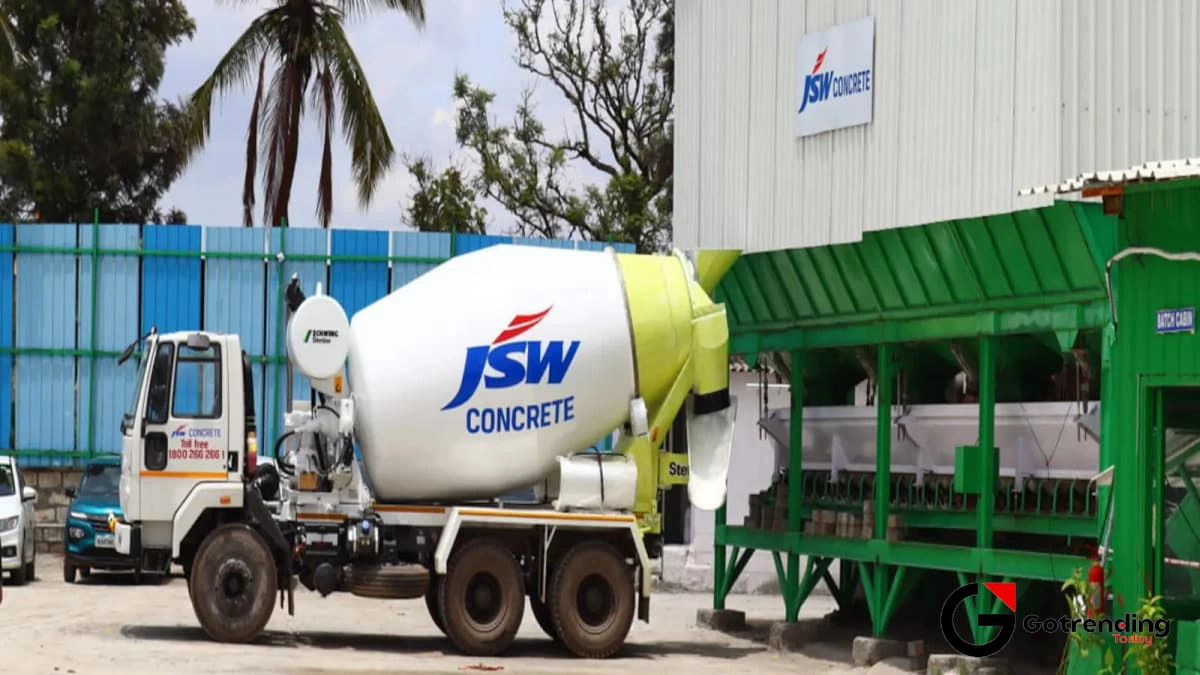
First things first, let’s talk about the family name. JSW isn’t some plucky startup. It’s part of the $23 billion JSW Group, helmed by Sajjan Jindal. They’re already titans in steel, energy, and infrastructure. This isn’t their first rodeo; they know how to build and scale massive businesses. That name alone brings a level of trust and operational expertise that most companies can only dream of.
JSW Cement, specifically, has been on a tear. While it might not be the oldest player, it’s been one of the fastest-growing cement companies in the country. They’ve strategically positioned themselves in South, West, and East India, expanding their capacity at a blistering pace. Think of them as the ambitious younger cousin to the established giants like UltraTech and Ambuja-ACC.
What’s really interesting here is their business model. They leverage a key advantage from their sister company, JSW Steel. They use slag a by-product of steel manufacturing to create their cement. This isn’t just a cost-saving measure; it’s the foundation of their entire identity.
And that identity is where this story gets really good.
The “Green” Elephant in the Room | Is This Just Marketing or a Real Game-Changer?
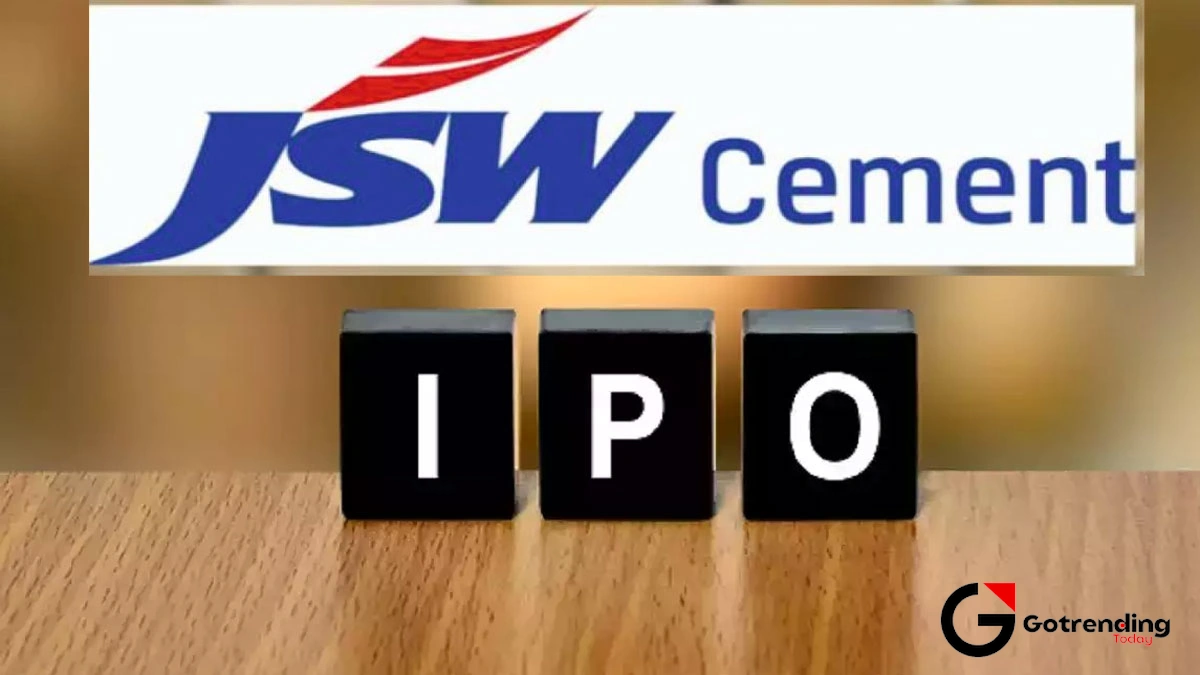
Here’s the thing: JSW is pitching itself not just as a cement company, but as a green cement company. My initial reaction? “Green cement” sounds like a marketing buzzword designed to woo ESG-conscious foreign investors. A bit of ‘greenwashing’ perhaps?
But when you dig deeper, you realise it’s a legitimate, powerful differentiator.
Traditional cement manufacturing is incredibly carbon-intensive. It involves mining limestone and heating it to extreme temperatures in a kiln to create something called ‘clinker’. This process releases massive amounts of CO2. According to aChatham House report, cement is the source of about 8% of the world’s CO2 emissions! That’s huge.
JSW’s approach is different. By using slag from their steel plants and other industrial by-products, they significantly reduce the amount of clinker needed. Less clinker means a smaller carbon footprint. This isn’t just a happy accident; it’s a core strategic choice that gives them two massive advantages:
- A Compelling ESG Narrative: In a world where global investors are pouring billions into sustainable businesses, having a “green” tag is like having a golden ticket. It opens doors to capital that other, more traditional companies might struggle to access.
- A Future-Proof Business Model: Let’s be real. Sooner or later, carbon taxes or stricter environmental regulations are coming to India. Companies with a lower carbon footprint will have a significant cost advantage. JSW is building its business for the world of tomorrow, not yesterday.
So no, this isn’t just marketing. It’s a fundamental part of their DNA and a key reason why the jsw group ipo for its cement arm is turning heads.
The Billion-Dollar Question | Why Now? Unpacking the Timing and the Numbers
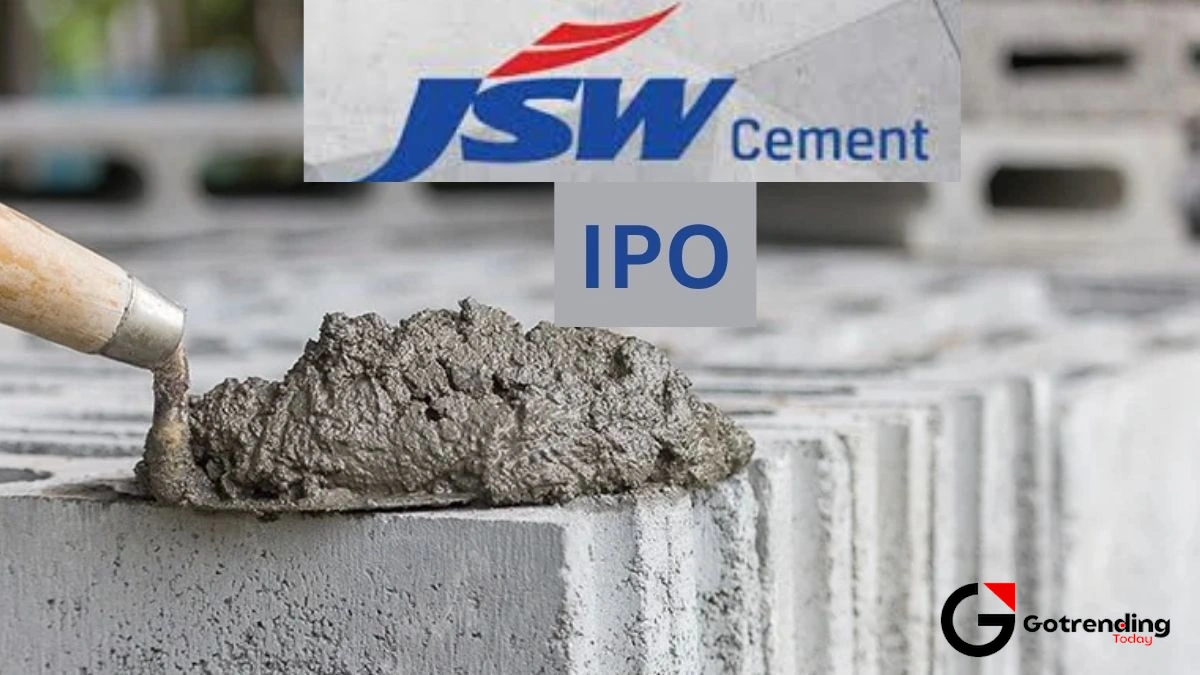
An IPO of this scale rumoured to be around ₹6,500 crores doesn’t happen on a whim. The timing is a masterclass in reading the economic tea leaves.
Consider the landscape:
- The Great Indian Infra Push: The government is on an infrastructure spending spree. Highways, railways, ports, affordable housing under the PMAY scheme… what do all of these things need? Tonnes and tonnes of cement. JSW is positioning itself to ride this massive wave of demand.
- A Hungry Market: After a period of volatility, the indian stock market ipo scene is showing signs of a mature appetite for fundamentally strong companies. Investors are looking for more than just quick listing gains; they want solid, long-term growth stories. A JSW-backed company fits that bill perfectly.
So, what will they do with all that cash? The draft documents (the JSW Cement DRHP, when filed) will give us the exact breakdown, but the plan is broadly twofold:
1. Pare Down Debt: Like many companies in capital-intensive sectors, JSW Cement has debt on its books. Using IPO proceeds to clean up the balance sheet is a classic, smart move. It makes the company financially stronger, more resilient, and more attractive to long-term investors.
2. Fuel the Growth Engine: The other major chunk will go into capacity expansion. They have ambitious plans to increase their production capacity significantly. This isn’t just about getting bigger; it’s about achieving economies of scale and grabbing more market share from competitors.
This tells you they are not cashing out. They are doubling down. And for an investor, that’s a powerful signal. If you’re new to this, ourshare market guide for beginnerscan help you understand these fundamental signals.
Should You Be Excited? A Look at the Risks and Rewards
Okay, let’s get down to brass tacks. The story is compelling, but is it a good investment? As with any IPO, it’s a mix of potential rewards and inherent risks.
The Bright Side (The Rewards):
- Strong Parentage: The JSW name is a huge safety net.
- The Green Premium: Its ESG-friendly model could command a higher valuation.
- Industry Tailwinds: The cement sector is directly linked to India’s growth story.
- Growth Potential: It’s still smaller than the leaders, meaning there’s more room to grow and capture market share.
The Reality Check (The Risks):
- Cyclical Industry: The cement industry’s fortunes are tied to the economic cycle. A slowdown in construction can hit demand hard.
- Fierce Competition: It’s a battlefield out there. UltraTech is a behemoth, and the Adani-owned Ambuja/ACC is an aggressive competitor. Price wars are common.
- Input Costs: The prices of coal and pet coke, key energy sources, are notoriously volatile and can squeeze profit margins.
- Regional Player: While growing fast, its presence isn’t yet pan-India, making it vulnerable to slowdowns in its key markets.
Evaluating an IPO isn’t just about hype; it’s about weighing these factors and checking things like theIPO allotment statusif you apply. The final jsw cement ipo price band will be crucial in determining if it’s an attractive entry point.
Frequently Asked Questions (The Quick Answers)
When is the JSW Cement IPO expected to launch?
While there’s a lot of buzz, the official jsw cement ipo date has not been announced yet. Reports suggest it could be in the latter half of 2024, but we need to wait for the company to file its DRHP with SEBI and get approval.
What makes JSW Cement different from UltraTech or Ambuja?
The key differentiator is its focus on “green cement” using industrial by-products like slag. This results in a lower carbon footprint, which is both an environmental and a strategic business advantage.
How much is JSW Cement planning to raise from the IPO?
The initial reports indicate a target of raising around ₹6,500 crores. The final amount will be detailed in the official IPO documents.
Is JSW Cement a profitable company?
Yes, JSW Cement has been profitable. For the financial year 2023, it reported a net profit. However, potential investors must carefully study the complete financial statements in the DRHP for a full picture of its performance and trends.
Where can I find the official JSW Cement DRHP?
Once filed, the Draft Red Herring Prospectus (DRHP) will be available on the SEBI website, as well as the websites of the stock exchanges (NSE and BSE) and the lead managers of the IPO.
What is the expected JSW Cement share price?
The exact share price and valuation will only be determined closer to the IPO launch when the company announces the price band. Any figures circulating now are purely speculative.
So, where does that leave us?
The JSW Cement IPO is more than just an investment opportunity. It’s a barometer. It will test the market’s appetite for large, traditional-sector companies with a modern, sustainable twist. It will show us how much of a premium investors are truly willing to pay for an ESG story.
This isn’t just about building houses. It’s about building a portfolio for a future where sustainability and industrial growth are no longer competing ideas, but two sides of the same coin. And watching how that story unfolds will be fascinating.
